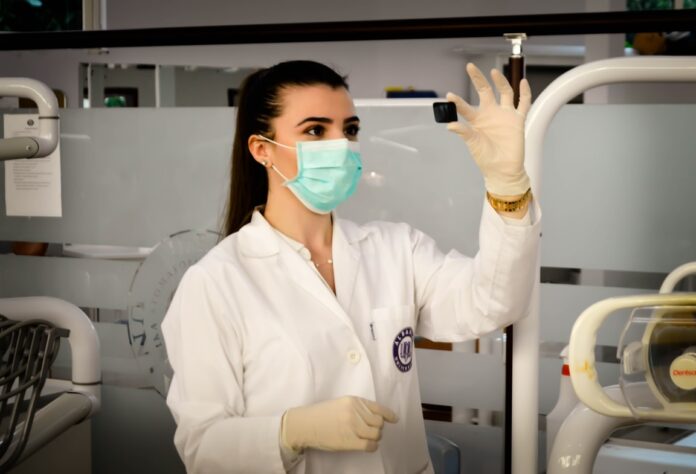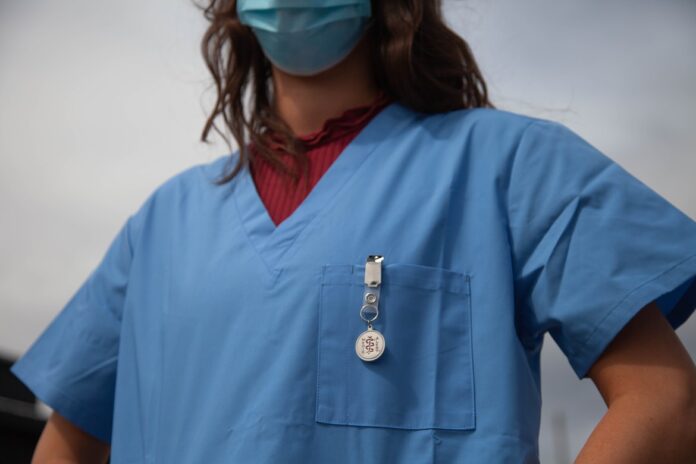
Table of Contents
The Healthcare Insurance Portability and Accountability Act (HIPAA) has been working to protect patient privacy and security since 1996. It created standards and safeguards that determined who was allowed to access patients’ health records.
The HIPAA also identified what data is considered Protected Health Information (PHI). It also laid out the ground rules for storing patient records for safekeeping. It also established rules for the distribution of PHI for healthcare operations, treatment, and payment options.
Nurses play a critical role in protecting PHI. Patients unreservedly trust their nurses. They share their personal information so they can receive the best care. They’re also confident that the nurse won’t share this with others.
Unfortunately, nurses can violate HIPAA security protocols without realizing it. It’s inevitable since HIPAA is complex and constantly changing. Carelessness and ignorance won’t exempt nurses from the consequences of HIPAA violations. Infractions done maliciously are worse, and the penalties can be severe. Check www.hipaaexams.com to learn more about HIPAA violations.
The only way forward is for nurses to remain informed and mindful of the actions that could lead to HIPAA violations. Better awareness will cause these professionals to be more diligent in protecting their patients. Here are some mistakes nurses should watch out for:
1. Unauthorized Disclosure of PHI
The protection of patient information is the foundation that HIPAA is built-on. The law is strict and clear in its policy to never disclose PHI to anyone not involved in the patient’s care.
Any discussions regarding the patient should be done in a secure location and only with authorized individuals. A nurse overheard divulging information to an approved business associate is still committing an infraction. Venting to colleagues about the patient is also illegal.
Compassionate disclosure is also frowned upon. It refers to a nurse sharing details about a patient’s diagnosis with a family member out of compassion. The nurse can’t divulge such information to the family unless the patient explicitly consented to it.
2. Carelessness in the Protection of Medical Records

A busy shift is never an excuse to be lax in securing medical records. Many nurses leave a patient chart unattended at their station while attending to another task. This action exposes the patient’s information to anyone.
Nurses can prevent this particular violation by being more careful with their patient charts. They should bring it with them or place them in a secure drawer or filing cabinet. They should also log out of all programs that can access PHII before stepping away from a device.
3. Unsecured Record Storage
Hospitals and health facilities should dedicate a secure area for storing records. It can be a room with filing cabinets or a server room for storing electronic records.
It’s dangerous to leave important client information unsecured. Small actions like forgetting to shred a note about the patient or leaving records in an open area can lead to sanctions.
Nurses and other medical personnel should be trained on the policies and practices of storing health information. There should also be explicit rules on the transfer of electronic and paper records. If there’s no clear policy, the nurse can lobby for one. They should also take it upon themselves to ensure records are locked away properly.
4. Letting Records Be Stolen or Misplaced

Nurses and nursing assistants are also tasked to record everything about the patient. This is done on either a smart device or a paper file. Losing or misplacing a file or device is on the nurse’s head. They will be held liable for stolen or lost electronic medical records or files.
A policy on the chain of custody should be implemented. It will simplify things and help ensure every file or device is accounted for. A secure storage area where medical information will be left should be designated.
5. Improper Record Disposal
Medical personnel is required to dispose of PHI securely. Secure disposal means shredding every paper instead of throwing it in the trash. Deleting a file or scrubbing a device is also another way of ensuring records are secure.
HIPAA policy requires that every copy of a patient’s record be destroyed to satisfy secure disposal conditions. It’s a challenging process when the data is backed up on multiple devices. The ePHI should also be destroyed in a HIPAA-approved manner. It can mean overwriting data, encrypting records, or destroying the device outright.
6. Lack of Training

Training is the best method of preventing HIPAA violations. Healthcare organizations are required to train new personnel on HIPAA confidentiality and security rules. Current staff members should also undergo refresher courses annually or whenever there’s a policy change. This is mandatory, and the topics to be discussed are up to the hospital or organization.
7. Sharing Too Much on Social Media
Social media is an integral part of Americans’ daily lives. Sharing posts about your thoughts or uploading photos of important events and day-to-day activities is normal. But nurses and other medical professionals might inadvertently violate a patient’s privacy when they do so.
Posting a photo of yourself with your favorite patient without asking for their written consent violates HIPAA policies. Discussing patients on forums is also not allowed. It doesn’t matter if you didn’t mention names. People can easily find more information, especially if they know where you work.
Nurses should take extra care when it comes to social media. A good rule is never to discuss your patients online. It’s also best if you don’t list where you work or who your co-workers are. Avoid being in a video or photo with a patient. If they ask you to take photos or videos, turn that job over to a friend or family member. Don’t blur the professional line by being friendly with them online.
8. Remember the Nightingale Pledge

Trust is one of the cornerstones of the Nightingale Pledge. Nurses promise to uphold the Hippocratic Oath. To dedicate themselves to their work and to practice discretion.
The best way for nurses to maintain that trust is to ensure the patient’s health information is always secure. Regular training will also go a long way in helping nurses better understand the seriousness of HIPAA violations and how to avoid them.
















